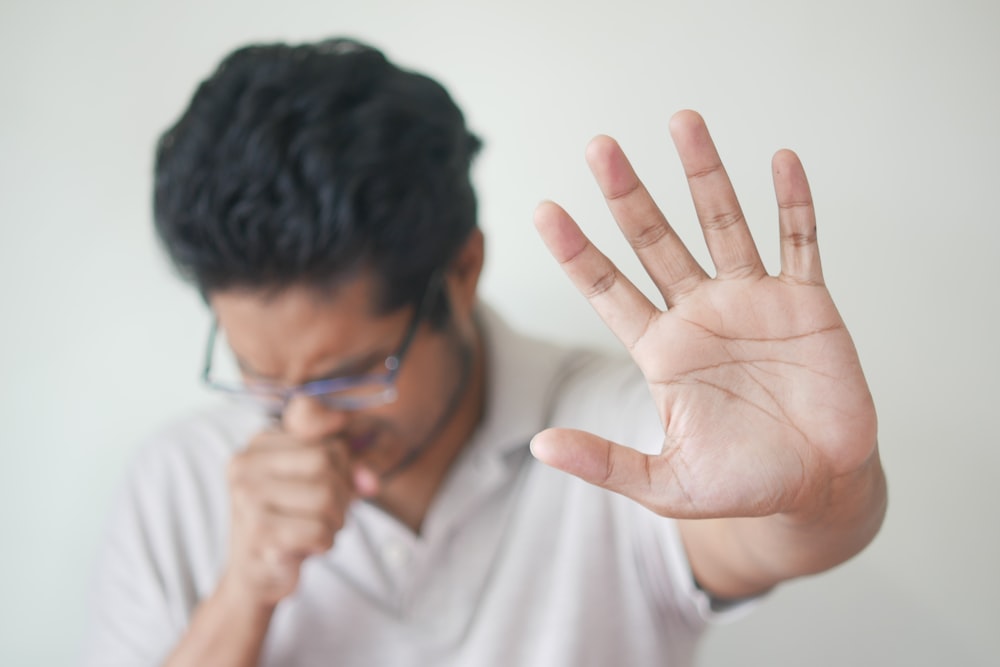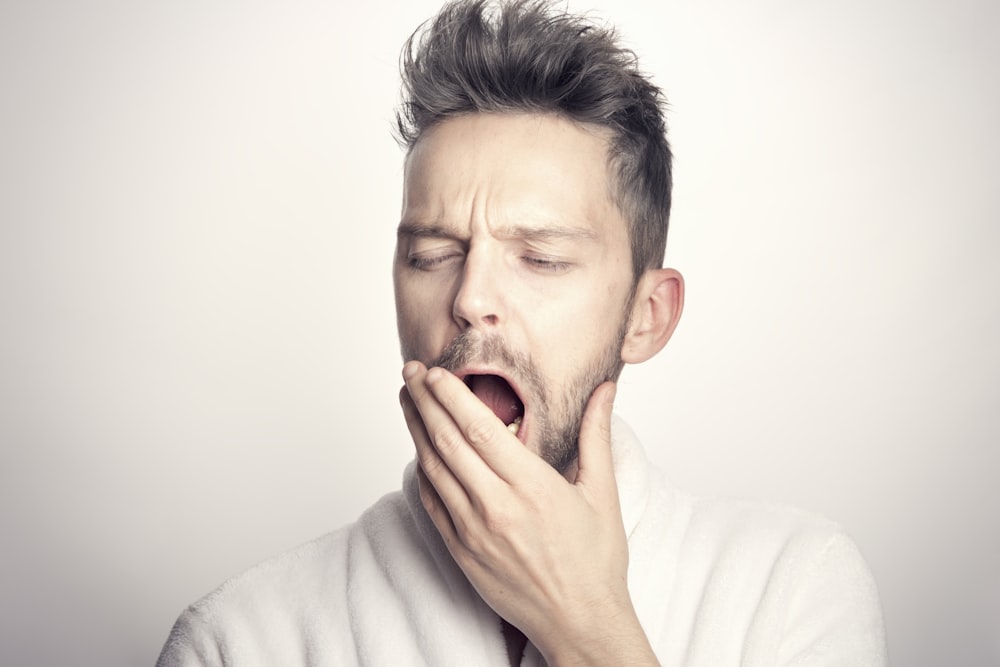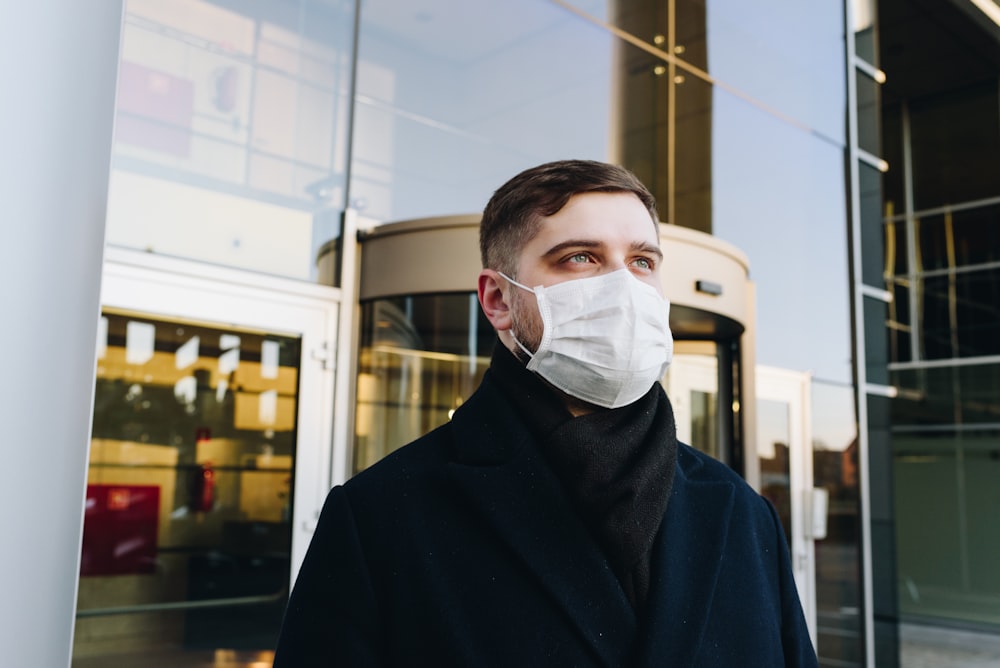While we might not read about COVID-19 in the news as much as we used to, there is no denying that the virus is still getting people sick. Even though numbers have sharply declined, new cases continue to be reported each day across the globe.
For people with obstructive sleep apnea, this is worth paying attention to, in large part because new research indicates that people with this sleep disorder are at greater risk of developing long COVID. Here’s what you should know.
What is Long COVID?

Long COVID is an interesting phenomenon that describes a variety of long-term effects that can occur after someone has a COVID-19 infection. The severity and length of long COVID can vary from person to person, but it is generally found to be most common with people who were more seriously ill from their initial COVID infection.
In some cases, long COVID lasts a few weeks. For other people, lingering symptoms can last for years.
Some of the symptoms associated with long COVID include extreme fatigue, fever, trouble breathing, chest pain, cough, “brain fog” or trouble concentrating, dizziness, anxiety, and sleep problems. And that’s not even a complete list!
The fact that long COVID can contribute to additional sleep problems is especially noteworthy for people who already struggle with obstructive sleep apnea. COVID-related complications combined with sleep apnea can leave you feeling completely exhausted, without the energy you need for work and other activities.
The Link Between Sleep Apnea and Long COVID

A recent study published in the scientific journal Sleep evaluated data sets on over 2 million adults and 106,000 children to determine if obstructive sleep apnea increased the risk of developing long COVID.
While outcomes varied between the two adult groups, both data sets found that obstructive sleep apnea significantly increased the risk of long COVID compared to the general population. In one group, people with sleep apnea were 12 percent more likely to develop long COVID. In the larger data set, sleep apnea patients had a 75 percent higher risk. Interestingly, women were found to have a higher risk of long COVID than men in both groups.
Lorna Thorpe, PhD, MPH, the senior author of the study, theorizes that obstructive sleep apnea’s connections with other health conditions known to complicate COVID are at least partly to blame. As she explains, “People with sleep apnea tend to have higher rates of obesity and hypertension and other cardiovascular problems. And these are also common risk factors for severe acute COVID, and have been implicated as risk factors for long COVID. […] Sleep apnea can also result in increased inflammation and a greater propensity to develop infection.”
Sleep apnea has long been associated with an increased risk for illness because sleep fragmentation can weaken the body’s immune system. The inflammation that also results from nightly breathing interruptions can make it harder to recover from illnesses such as COVID-19. As a result, people with obstructive sleep apnea are more likely to get seriously ill from COVID and other sicknesses, and will take longer to recover.
With this context, it’s hardly surprising that obstructive sleep apnea can increase the risk for long COVID — and that this would continue to be a concern even with everyday life mostly going back to normal.
Lowering Your Risk

While most people are largely no longer worried about COVID-19, people with obstructive sleep apnea should still consider taking some extra precautions because of their increased risk.
At a most basic level, this means you should consider getting the COVID vaccine and avoiding people who are sick. Some people may feel more comfortable wearing a mask in crowded public settings.
If you do get sick, seek help from a healthcare professional right away. Prompt treatment can help reduce the severity of your illness and speed up your recovery.
Of course, one of the most important things you can do is ensure you are getting quality sleep at night! Getting truly restful sleep will strengthen your immune system so you are less likely to get sick in the first place. For people with obstructive sleep apnea, this starts by using a CPAP machine.
CPAP machines provide a steady, constant flow of pressurized air through a mask, keeping your airways open during the night. This prevents breathing interruptions that would otherwise cause you to wake up several times each hour.
Not sure if you have sleep apnea? This condition is commonly under-diagnosed, resulting in many people not getting the treatment they need. Common symptoms to watch out for include feeling extremely tired during the day (including falling asleep), morning headache and sore throat, or your partner complaining that you snore or gasp for breath in your sleep. Consult with a sleep specialist so you can take a sleep study and get a diagnosis and prescription for keeping sleep apnea in check.
Get Quality Equipment From Help Medical Supplies
With a quality CPAP machine to keep obstructive sleep apnea in check, you can enjoy better immune system health, which will reduce your risk of getting sick from COVID or other illnesses. Of course, CPAP machines can be very expensive, especially if you don’t have health insurance.
This is where Help Medical Supplies comes in. We offer discounted rates on CPAP machines, masks, and other sleep apnea supplies to help make your care more affordable. With free shipping on most orders of $99 or more and available financing on select orders, you can get the equipment you need to stay healthy while maintaining a healthy budget as well!

